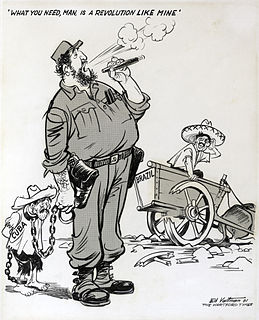The following are the Pulitzer Prizes for 1932.
The following are the Pulitzer Prizes for 1929.
The following are the Pulitzer Prizes for 1939

The Chattanooga Times Free Press is a daily broadsheet newspaper published in Chattanooga, Tennessee, and is distributed in the metropolitan Chattanooga region of southeastern Tennessee and northwestern Georgia. It is one of Tennessee's major newspapers and is owned by WEHCO Media, Inc., a diversified communications company with ownership in 14 daily newspapers, 11 weekly newspapers and 13 cable television companies in six states. The current president of the Chattanooga Times Free Press is Jeff DeLoach.
The following are the Pulitzer Prizes for 1954.
The following are the Pulitzer Prizes for 1943.

The following are the Pulitzer Prizes for 1944.
The following are the Pulitzer Prizes for 1934:
The following are the Pulitzer Prizes for 1935.
The following are the Pulitzer Prizes for 1936
The following are the Pulitzer Prizes for 1940.
The following are the Pulitzer Prizes for 1959.

The following are the Pulitzer Prizes for 1962.
The following are the Pulitzer Prizes for 1964.

The following are the Pulitzer Prizes for 1966.
The following are the Pulitzer Prizes for 1968.

The Pulitzer Prize for Reporting was awarded from 1917 to 1947.
The Robert F. Kennedy Awards for Excellence in Journalism is a journalism award named after Robert F. Kennedy and awarded by the Robert F. Kennedy Center for Justice and Human Rights. The annual awards are issued in several categories and were established in December 1968 by a group of reporters who covered Kennedy's campaigns. Winners are judged by more than 50 journalists each year, led by a committee of six independent journalists. The awards honor reporting "on issues that reflect Robert F. Kennedy's concerns, including human rights, social justice and the power of individual action in the United States and around the world. Entries include insights into the causes, conditions and remedies of injustice and critical analysis of relevant public policies, programs, attitudes and private endeavors." The awards are known as the "poor people's Pulitzers" in media circles.
Royce Bucknam Howes was a Pulitzer Prize–winning journalist and author who also published a biography of Edgar Guest and a number of crime novels. He worked for the Detroit Free Press from 1927–1966 and won the Pulitzer Prize in 1955 for an editorial on the cause of an unauthorized strike by an autoworkers local that idled 45,000 Chrysler workers.
Screen & Radio Weekly was a nationally syndicated Sunday tabloid-newspaper-supplement published by the Detroit Free Press from 1934 to 1940 that covered film, radio, and fashion – and included a short story.





